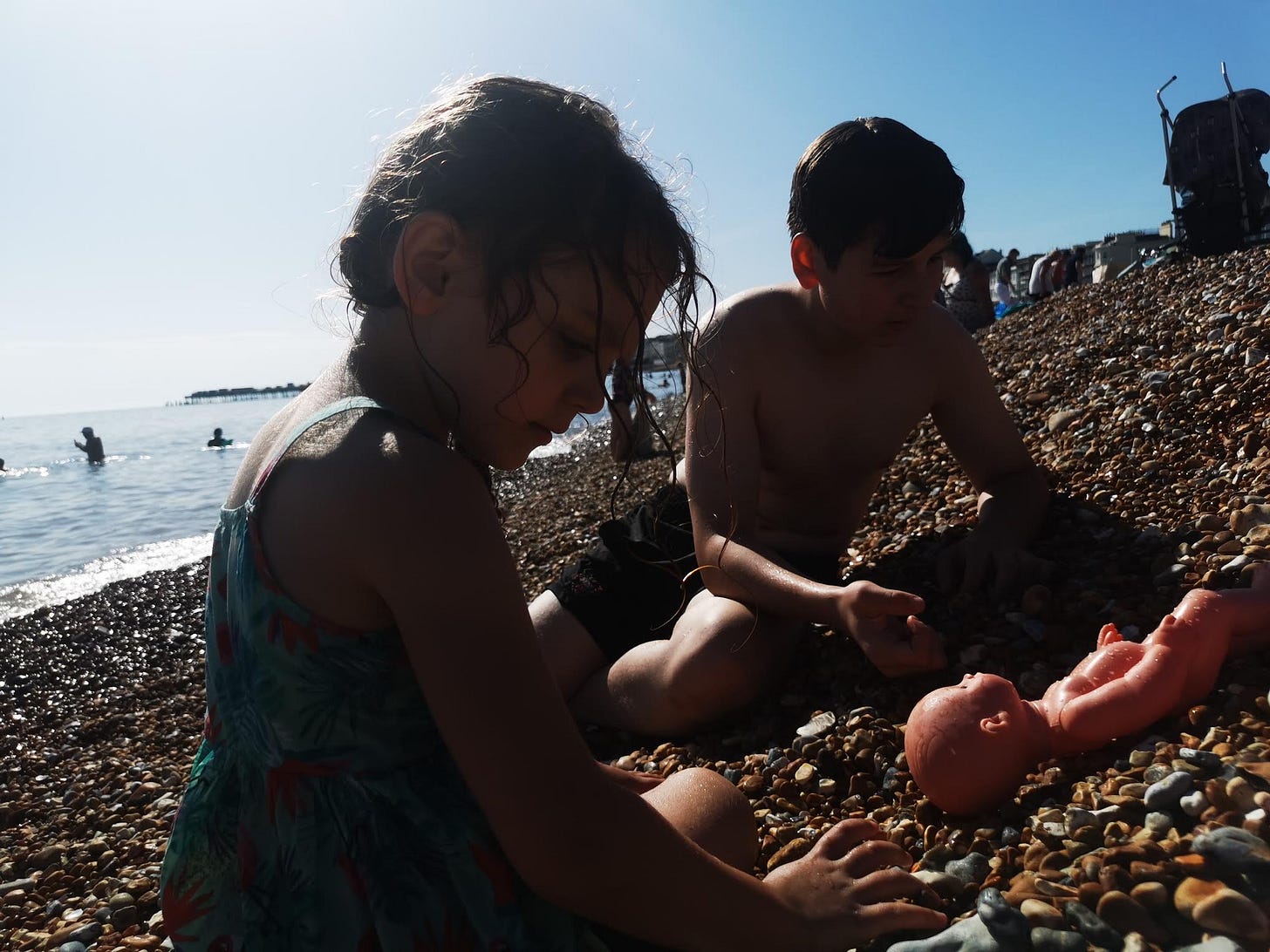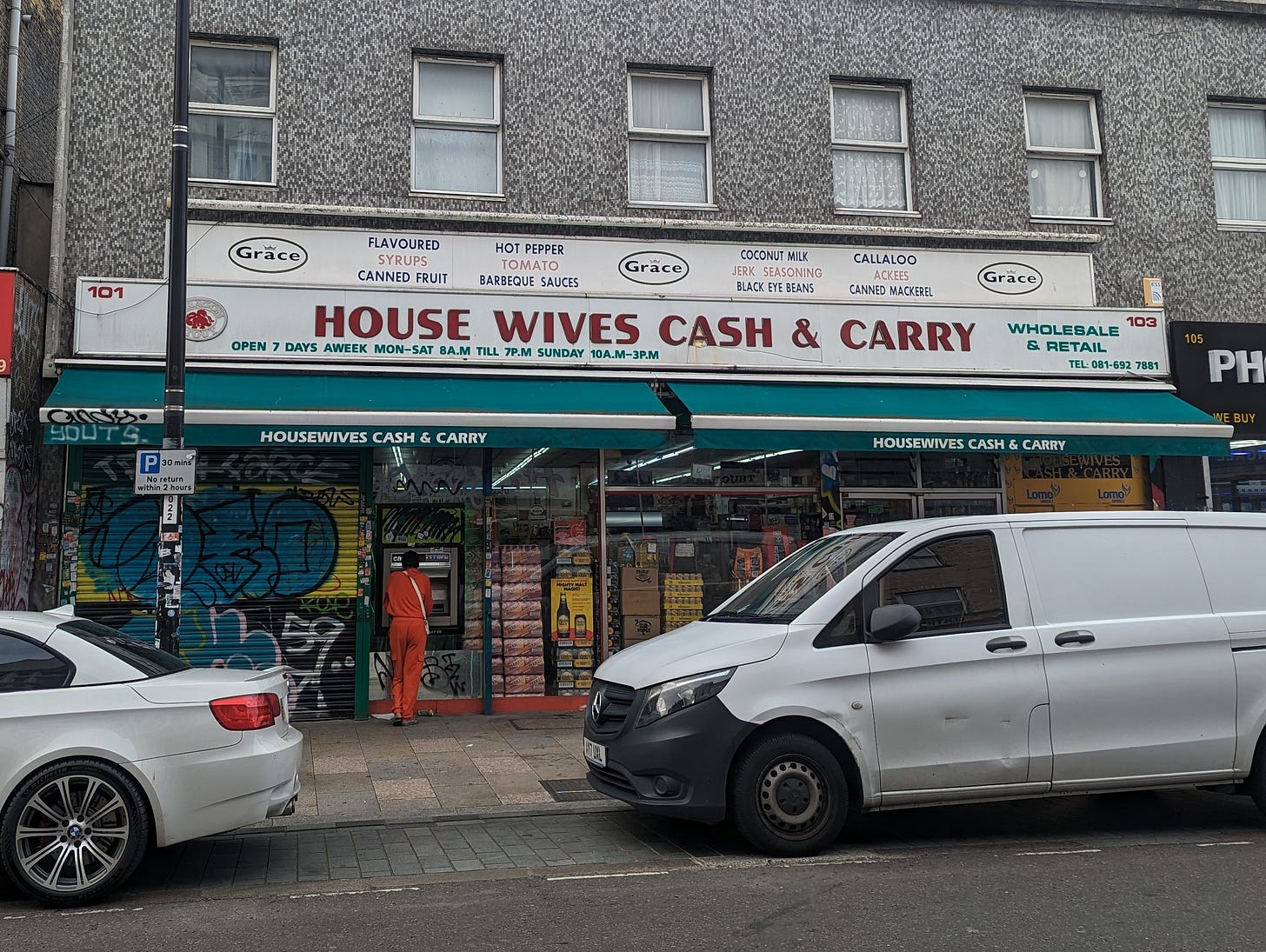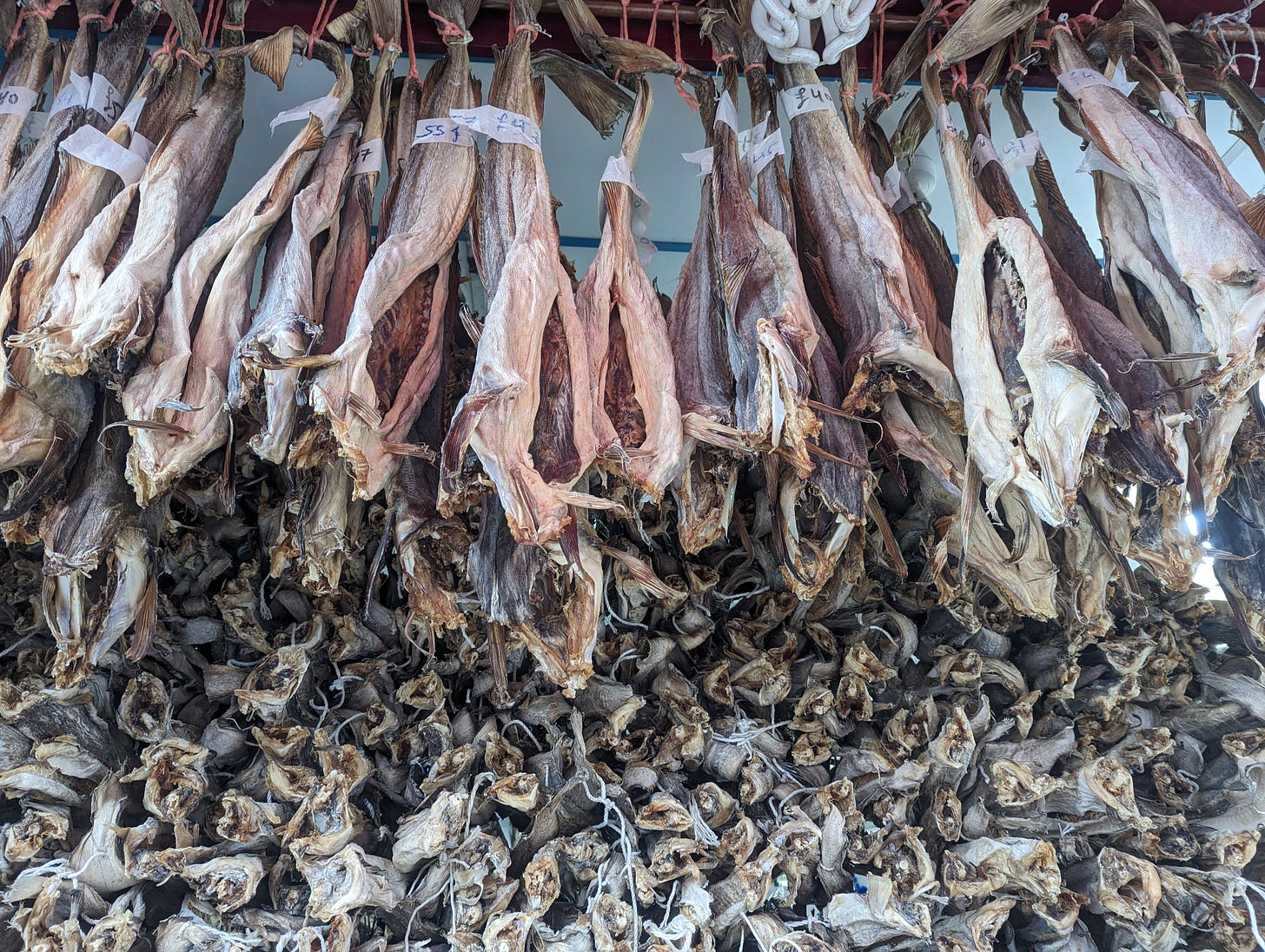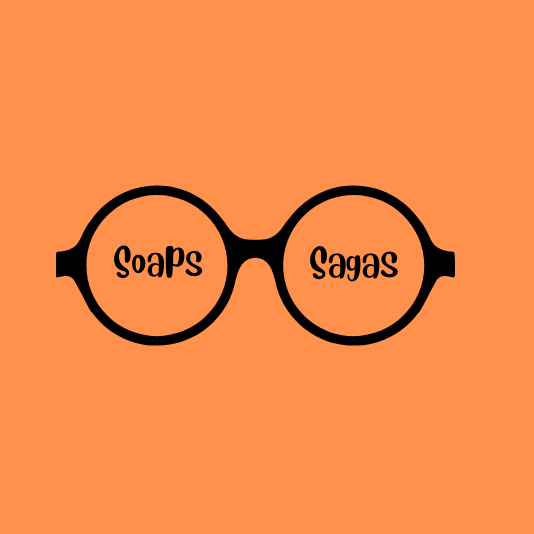In the late summer with sea salt still rubbed into our skins,
the leftover from the Southern French holiday, we went, Violette and I, to Hastings, by the sea.
“On the way to the sea” is so pleasant with our basket of fruit, flimsy cotton dresses and colouring books. The train clanks down Strawberry Hill, out of Tunbridge Wells and into Sussex. Somewhere between Stonegate and St. Leonards, a woman, barefoot, comes rushing into our carriage. She is very light-footed, like a Sussex-summer-time fairy. She looks avidly out of the window as if seeing for the first time the stunning, older-than-everything countryside. I am somehow reminded of Bathsheba from Hardy’s Far From the Madding Crowd, as there is a wildness in her tangled hair. Our eyes cross, and this is when our paths cross. I ask her why she is so excited. She looks at me with a big smile, and says, in soft broken English with a Russian accent. “I am looking for a new home.”
This is how I meet Marika (name changed) and her 14-year-old son Arash - On the Way to the Sea to Hastings. We sort of slide together like all the other families on a day out to the beach. Violette takes Arash by the hand and they run in front. Marika takes my hand, like an old friend, or sister. It is hard to describe the instant connection.
We lie next to each other as the children play in and out of the water. Her smile and Arash’s excitement hide their story, which I will tell here.
This story is dedicated to every migrant
who is washed up onto our English shores, having braved the choppy and dangerous deep sea, the Channel, the smallest of the shallow seas around Europe. This is the sea which has claimed thousands of lives and where mythical Doggerland - a landmass connecting England and Europe, which sunk under the waters 8,200 years ago - still mumbles far below, leaving us its history such as harpoons and mammoths teeth in fishing nets or cast onto beaches.
Marika is from the Chechen Republic
and like many countries it has a long, complex and bloody history.
She lies next to me drawing the history on the wet sand. The Chechen resistance against Russian imperialism started in 1785. Mainly Muslim, they were constantly persecuted and attacked. By 1944, Russia was now the Soviet Union, and Stalin forced Chechens to scatter throughout the land to weaken them, where they became known as “special settlers”. From then on this has been the story.
Struggle.
A new struggle for independence is known as the First Chechen War - 1994 to 1996. Throughout the 2000s, the Russian forces managed to occupy most of Chechnya, with independence fighters reduced to guerilla tactics. In March 2003, a constitutional referendum was held in Chechnya, and the new constitution guaranteed that the territory would remain part of the Russian Federation. The draft of the new constitution was presented by Akhmad Kadyrov, siding with the Russians despite having fought them earlier. He became president of the Chechen Republic, a part of the Russian Federation. However, his rule was short-lived – on May 9, 2004, during the Victory Day celebrations, he was assassinated in a meticulously planned attack at a stadium in Grozny. (Chechnya: A litmus test of Russia’s power Pawel Kowal)
Chechens like Marika do not consider themselves Russian, even though she studied in Moscow and loves the city, and admires much about Russian people. She is Chechen, she says firmly. “The most difficult factor now is Ramzan Kadyrov,” she says. Putin agreed to pass on the presidency from father to son. He is the tyrannical head of the Chechen Republic, ruling with an iron fist since 2007. “Anyone,” says Marika, “who is against his government, like my family, disappear.”
You are the ones who are hurting yourselves. Some day, in five-ten years, you will have to return, or your parents will tell that it is time for you to come back home, or you will be kicked out of Europe. You will have nowhere to go then, and we will make you answer for every single word of yours and for your every action. I know all the webpages of all the young people who are residing in Europe, every Instagram and Facebook profile, every account of every social network, we are writing down your every word and putting them on record, we have all data on you, who you are, and what you are doing, we know everything. Nowadays, the modern age and technologies allow us all of that, we know everything and can find anyone, so do not make it worse for yourselves. Ramzan Kadyrov (Article by Civil Rights Defenders. November 21, 2016.)
Marika’s brother, her father and her husband have been taken at different times. Last year when her husband vanished her fear was that Arash would be taken too, to the army to fight against Ukraine. This forced her to flee. Her mother told her to grab Arash and run, so she did, with a bundle of food-stuffs and some money, overland and to that perilous trip over the Doggerland seas. To safety.
At the UK border, she declared herself an asylum seeker.
2.4 Risk
2.4.2 Under the leadership of Ramzan Kadyrov, those perceived as critical of the authorities, including human rights defenders, journalists and bloggers may be detained, prosecuted, convicted on fabricated charges, abducted or killed. Citizens who complain about local issues, such as the closure of a hospital, can be harassed or humiliated (see Chechnya: introduction, Chechnya: journalists and NGOs and Chechnya: abductions).
She finishes her story and all my summer forget-me-not moments are no longer important. I lie under the indulgent late summer sun, the sea has far receded and we can now run along the beach. I think I see France on the shimmering horizon; from France, you can go any way and just keep going. Marika cannot do that, the only place she can go to is to the edge of the water. She cannot see the shimmering horizon, she says.
Later I visit Marika in her migrant hotel
Welcome to Deptford, South London,
not far from London Bridge. It also has a long and important history. Its place name comes from the fact that a deep ford made crossing possible over the Ravensbourne river and Deep ford finally became Deptford. It was also a stopping point on the pilgrimage route from London to Canterbury recounted in Chaucer's Canterbury Tales. Deptford’s docks were created by Henry VIII in 1513 and it was here that his wayward daughter, later to become Queen Elizabeth I, knighted Sir Francis Drake on the Golden Hind. It became an important and active shipyard and even Peter the Great snuck over incognito to study British shipbuilding techniques. When it finally closed in the Victorian era it transformed into a huge cattle market.
Today, Deptford High Street is known as London’s most diverse and vibrant street with market stalls, tiny shops flopping their wares onto the pavement, and eateries galore where fifty languages are spoken, not including dialects.
I pass by a Chinese shop where fish swim in pretty ponds, alive and ready to be bought and dried fish hang in rows like a curtain rail. Arash, who has met me by Deptford station, skate-darts between Sunday dreamers, and a photographer takes a pic of the Housewives Cash and Carry. I also stop to take a photo. “I love this place.” He snaps more. I am not here to Sunday shop but to meet Marika, who lives in one of the migrant hotels dotted throughout Deptford. These hotels are holding places for those seeking to stay in the UK. As I write, the British Government is debating how to deal with thousands seeking a home, with 3billion a year spent on hotels, as there is simply nowhere else right now.
We arrive at the apartment hotel
now empty of paying guests, and made up of families waiting for their interview with the Home Office. There are security guards downstairs in the foyer, friendly and sympathetic, who ask me to sign my name. A hotel manager has an open desk at the end of the room; he is energetic, apologetic, and a friend to everyone. Here in his hotel he looks after the welfare of 6-floor-loads of people: families, single mothers, young children, old and frail grandparents, and tiny babies born to often scared mothers from the war-torn corners of the earth. The family next to Marika live in two rooms, two children, a mother, father and new baby. Marika tells me they have waited nearly two years holed up, waiting. I use the word holed up, but Marika says my home.
Waiting in the wings, waiting - the life of asylum seekers
The Home Office Housing Support cannot find new homes, so people wait in limbo in these small rooms. Their lawyers do not answer often, or there is no lawyer and no-one to help. Marika is lucky, however her lawyer has never met her face-to-face. No-one apart from me has come to her room with closed windows and no fridge, just a small oven top ring to cook with, to see how she lives. So, after my first meeting, I speak to an agent in the migrant housing department. The woman on the phone explains there are 40,000 seekers waiting for accommodation and the system is at breaking point. I ask why the Ukrainians were able to be housed so quickly, homes found, jobs, and education for their children. She explains that they have a different status from other refugees, a quicker entry due to the war. But there are many wars and Marika is a woman alone with a young child, with no other family, only the Salvation Army where she works one day a week in the kitchens, if her migraines allow her to, I say. Yes, says the woman on the phone, this is how it is. She must just wait.
I suggest Marika goes to take lessons in ESL in Greenwich as she is allowed free English classes. At the interview the agent presumes she is Russian and says they cannot help her have access to free classes. She explains she is Chechen, not Russian, then the worker helps her fill out a form. However, nothing has happened yet. Later Marika asks me what difference it makes if she is a Russian or Chechen asylum seeker. “I have no idea,” I reply.
Waiting…
Arash does not go to school any more; he was racially attacked at his school, which ended up with him in hospital. He is too scared to go back. He was attacked because a small gang thought he was Russian. He is now four months out of school. I phone Greenwich Council; they tell me Marika needs to fill out a new form. I explain she does not understand. Never mind, just fill it out as best she can and he will be put into another school eventually. I tell them he sees a psychologist for trauma - is this taken into consideration? The reply is hard to hear, so I repeat the question. The answer is: Most migrants have this problem, she is not the only one.
I begin to look through all of Marika’s papers. Marika has the right to be represented, and does have a lawyer, yet her lawyer’s emails are few and, obviously, Marika is bottom of the pile as she does not pay. She tells me her lawyer is a good person, just so, so slow. And in the same breath says she is grateful to everything that the UK does for her, she just hopes. She reminds me of a gentle and confused mother deer trapped by oncoming cars, unable to move. I am not so grateful, as she does not have enough help, there is no-one advocating for her. So, I write to her lawyer about her second interview with Home Office, the biggie, her situation, and what else can she do?
Until today, I have never had a reply.
The important second interview with the Home Office
will allow Marika to know if she can stay or have to leave the UK. She has been waiting 13 months for this. I read online that the local MP can help and will intervene to the Home Office if they feel their constituent is in danger or ill or simply not being represented. Marika and I work together drafting a letter to the MP for Greenwich detailing her living conditions. He replies in two days. Suddenly there seems to be some hope, for he says: with the right documentation to prove she is mentally disadvantaged and ill, she might be able to get her interview sooner.
We begin to collect letters from her doctor, the Salvation Army where she volunteers (who are witness to her debilitating headaches and fainting), Arash’s school, and the hospital who treated him for concussion. These are all sent to Home Office.
Waiting…
The letter came from her lawyer last weekend about her second interview. It is not reader-friendly. For a woman who speaks little English it is like horrible test one needs to pass. For me, an English speaker, I am lost by paragraph three. So I go online and learn how Marika needs to prepare for the “Big Interview.”
I study the right to remain toolkit - A guide to the UK immigration and asylum system. I try to put myself into her space, her body, her mind. Fatigued by waiting, distressed about her mother, worried about Arash, short of money, feeling useless as she wants to belong, to contribute. Will be taken into consideration as she sits in front of the interviewer? She needs to be strong, put her best face forward, and pray the agent is caring and kind.
I often travel, usually on Sundays, to meet Marika. This day, 22nd October, the Middle Eastern horror is not quite yet where it is now, as I write, and God only knows where it will be on Monday 30th when I push the continue button to send it out to you.
I have to pause, suddenly it is all too much. I go to the bathroom. Soaking in a basin are the few clothes Marika possesses. Everything is simple, one lipstick, one plastic Poundland hairbrush, a few hair grips, nothing nice, nothing special, everything counted, I can see, every penny counted. On each floor, each room, each bathroom will be the same, and everything counted.
I think of Melek, my biological father whom I never knew. He was a Lebanese Muslim and migrant to the UK. I was adopted at six weeks old by a Lithuanian Jewish father and a French mother, Dad always told me I was special, and they adopted me for peace and love. I hold those words so close to me. The most tender present I was handed. Dad also told me, do not hate, love and understanding are so much stronger.
Later I married an Iranian, a political refugees, in Australia. Bahram remarried and lives in the UK. We are still very good friends, he is family and my daughter’s father. So I do know, I have been down these roads before…
Marika is scared,
as she knows it is her only chance to tell her story, so we practise. I am the interviewer, she tells me her story again and again, and I ask her again and again in many different way to tell me why she came to the UK, how she came to the UK, what will happen if she is sent back home, and what does she think happened to her husband.
Friday the 27th October at 8.15 Marika has her interview.
I am not allowed go with her, she has to go alone. It is foggy this morning, she walks along Deptford High Street, a small woman with a folder of photocopies and a knot in her heart. She has no family to accompany her, it is hard for her to walk, her heart is fluttering, her legs find it hard to carry her. But there are two of us are thinking of her and Arash today - Leslie from the Salvation Army and me.
Friday night I speak with Marika via WhatsApp. She says her interview was quick, the women kind, but she is worried it only took two hours. I tell her to come with Arash this Sunday, for a break. Violette loves him. I will cook Gormeh Sabsei, an Iranian celebratory meal, and we can then walk to the skate park.
We smile to each other. As I am about to say goodbye, she says in slow English. We are safe, this is not my land, but England looks after me and Arash. We are safe, I am lucky to be here.
She turns her face to the screen, profile on, and looks out of the window. I see the moon is plump, not quite full; tomorrow, the 28th, it will be Full, the Hunter's Moon Eclipse in Taurus, and as astrologers explain, this is the last eclipse of 2023 and the end of a journey that began on January 18, 2022, when the Nodes of Destiny entered the Taurus-Scorpio lunar axis, a time of fate when we are forced to make life-changing decisions.
We say goodnight.
Tomorrow is another dawn.

Many thanks for reading this story about Marika. I do not know what the result of her interview will be; all I can do is be there as a friend. She is not alone.
Thank you for sharing my work and for commenting. It is important to me, it means so much, and I am very grateful.
Loving thoughts go to all of us, now, today, and onwards.











I hope for the best for her ❤️
Bless you for helping your friend in so many ways. Respect.